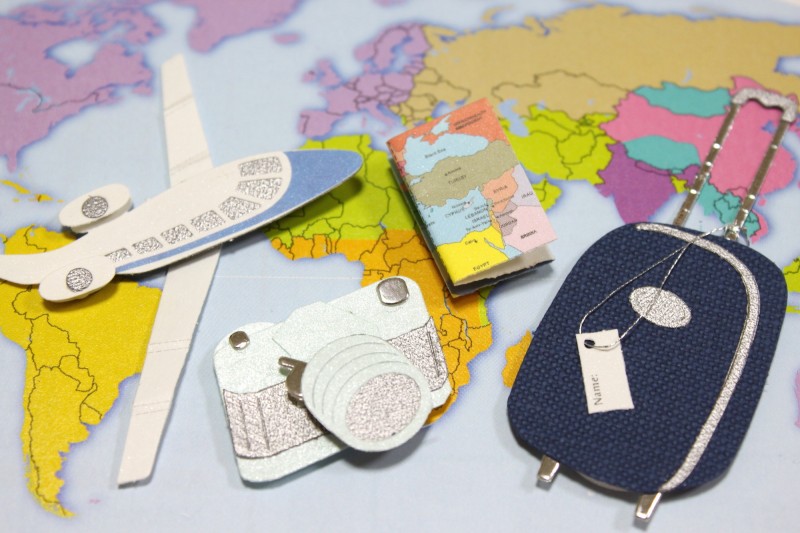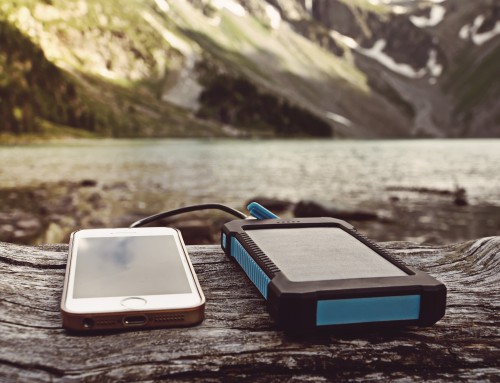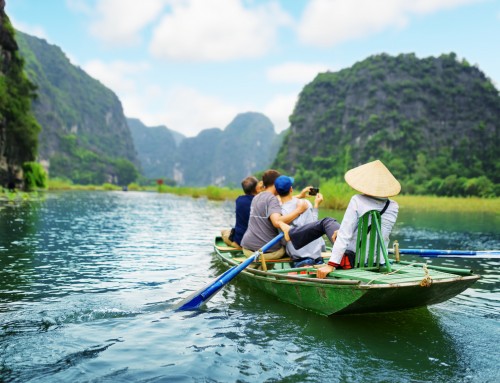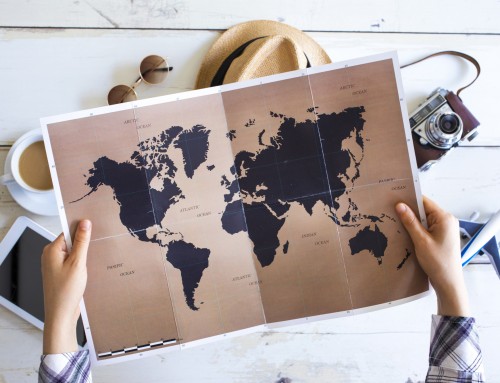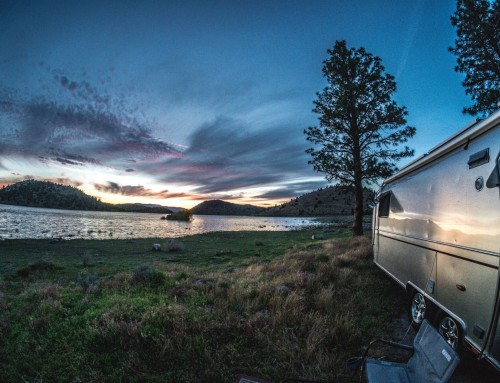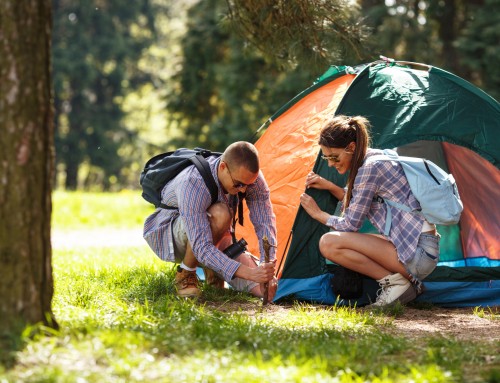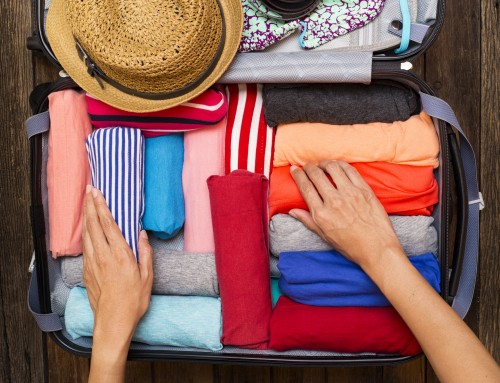Traveling the world can be a dream come true.
Sadly though, the world has become a more uncertain place than ever before.
By taking a few simple precautions you can easily go overseas in safety and confidence.
Check out these five basic safety tips to take before going overseas.
1. Have a Plan Before You Go Overseas (and Share It)
Before you ever board a flight you need to have at least a basic plan. Make sure you have researched the city and area you intend to travel to well ahead of arrival. Just a few hours of planning can make your trip much easier and more enjoyable.
Nowadays simply wandering wherever your feet take you isn’t a safe way to travel. You always want to know the basic facts of any city or country you visit. Find out what areas are safe for tourists and where pickpockets, scammers, and other undesirable elements gather.
Knowing where you should and shouldn’t go can make a big difference in your safety. Always plan a few basic things before you leave home.
Book your accommodations well ahead of time. Try to never go to a city where you don’t have somewhere to sleep and safely store your possessions. Once you’ve set up your basic plan, let people know.
Tell a trusted friend or family member when you’re leaving and returning, your flight number and where you’re staying while abroad. Set up several times to check in and tell them who to contact if you don’t.
It’s never a bad idea to notify the embassy or consulate of where you’re traveling. The State Department offers the Smart Traveler Enrollment Program (STEP). This lets the U.S. government know that you are in a country and makes it easier for them to contact you if there is a disturbance or disaster.
2. Prepare For Emergencies
It’s a major buzzkill to think about emergency planning when getting ready to go overseas. Sadly, even the safest locations can experience natural or manmade disasters.
Before you leave, download and go over local maps. Find where your embassy or consul is located and think about how you would get there if there was an emergency.
Scan or photograph all your travel documents, including your passport. Store these on your phone or on an online account you can easily access. If your passport is lost or stolen having this information makes it much easier to replace.
Never carry all your money or credit cards if you can help it. While you’re traveling spread them out among different bags and pockets. Many manufacturers make clever travel clothes that look like everyday garb but still have hidden pockets.
When you’re at your hotel or hostel, see if they have a safe you can deposit your valuables in. Only carry as much money as you think you’ll need for the day and a single credit card.
Make sure not to display too much currency or carry your electronics in an easy to grab way. There are many stories of travelers having phones or laptops snatched from a coffee shop or cafe table.
Always remember though, if confronted with an armed or threatening mugger, nothing in your pockets is worth your life.
3. Blend In
The stereotypical American traveler wears zip-off cargo pants, a fanny pack and is never without their travel hat. Don’t be the stereotypical American tourist.
Wherever you are in the world, you never want to look like a tourist. There are several reasons for this, ranging from safety to price gouging.
If there are pickpockets or other criminals about, you can bet they will be drawn like moths to the flame to an obvious tourist. Those cargo pockets likely hold a foreign passport, credit cards and a large amount of currency.
Even in very safe parts of the world, restaurants, markets and other service providers will often try to raise prices or rip off tourists. Dressing in a way that makes you look more like a local, or at least like an expat, is always a good idea.
4. Take Care of Your Health
Nothing ruins a trip like getting sick. No one wants to spend their vacation time laying in a hotel room with a fever.
Before you go overseas make sure to get a full checkup. This allows your doctor to recommend any vaccines you might need for your destination. If they find any issue or you’re experiencing pain you can go to another doctor or the best back pain specialist you can find.
It’s usually a smart idea to get travelers insurance as well. Many domestic insurance policies won’t provide you with any benefits if you go overseas. If you have an accident or contract an illness without insurance you could be looking at some major medical bills.
Travelers insurance also covers emergency evacuation in case of natural disaster or political unrest and provides some recompense for lost or stolen baggage.
5. Stay Connected
One of the best things you can do to ensure your safety when you go overseas is to stay connected. Getting a SIM card for your phone has never been easier.
Most countries have inexpensive cell service in major cities. You can usually purchase a SIM card at the airport or a local store. This gives you access to local calls and text and lets you use services like Skype or Whatsapp to communicate with people back home.
An important fact to remember is that 911 is not the emergency services number everywhere in the world. Find out what to dial for the police or medical services before you go overseas.
Lost? Hungry? Having a local SIM card allows you to easily look up reviews of restaurants and attractions as well as map your way to them. You can also contact your local embassy for assistance if needed.
Stay Safe and Have Fun
A trip overseas can be a once in a lifetime experience. As long as you have a plan and take basic precautions you will make memories to last a lifetime.
Like what you read? Check out some of our other useful travel, style and health advice.

